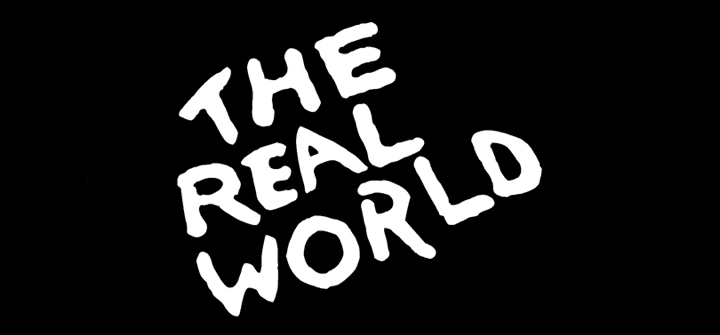
Is More Representation Of The LGBTQ Community On Reality Television Helping Society?
Through perhaps sheer boredom, I found myself watching an endless scroll of YouTube videos last week. I wound up coming across one of the old E! True Hollywood story videos from the early 2000’s. You know, the almost two hour long episodes where you’d get to hear every behind-the-scene detail on either your favorite television series or celebrities. Talk about a throwback Thursday, right? Anyway, I would eventually get to the MTV’s The Real World’s True Hollywood Story. Like the time warp the show should be, I was reintroduced to Norman Korpi. Korpi was the first gay person ever to be cast on reality television when The Real World got real for their premiere season in 1992. Not only was he the first gay many were introduced to, he would also have an on-screen same-sex kiss. It got me to wonder… has reality television helped the LGBTQ community become mainstream?
In my opinion, reality television has absolutely helped shaped the way society has viewed the LGBTQ community… for the better. Just by simply watching the aforementioned E! documentary, it made me feel quite proud that LGBTQ people were represented on television when I was barely born. Yes, the ‘90s weren’t the greatest of decades for the gays, but to have us on mainstream television in the homes of middle America and on teenagers brains seems like it helped society see us as people rather than stereotypical characters that we were given in mainstream, scripted television.
Following in Kordi’s footsteps was someone who we all may know: Pedro Zamora. Zamora gained national attention for being an openly gay man living with AIDS who appeared on The Real World’s third season. Zamora would go on to be a part of the first televised commitment ceremony between two men. Watching any segment on Zamora touches your heart because you see him, you hear him, and by the end of it- you know him. To me, if it wasn’t for reality television, we may not have been able to witness and revisit Zamora’s eye opening story during the AIDS crisis. Zamora would later pass in 1994 because of AIDS complications.
Years later, we’d soon see that a having a member of the LGBTQ community as part of a reality television cast was now instrumental. Richard Hatch, the first winner of Survivor, the openly gay 30-something who walked around an island naked, would also be the person to change reality competition shows. He invented the idea of an alliance, which now has become a staple in any reality series and their subsequent fandoms. Big Brother has given us plenty of LGBTQ representation, but their ultimate standout is season two contestant, Bunky Miller, an older-bear gay who was married… back in 2001 when gay marriage wasn’t near legal.
We’ve also been treated to Emmy nominated transgender actress, Laverne Cox, who appeared in a few episodes of VH1’s I Want To Work For Diddy. And who can forget Miss J Alexander of America’s Next Top Model fame – who is still on the top of everyone’s GIF wish lists with their hilarious reactions from their appearance on the series. To my knowledge, Miss J was the first gender-bending person I’d seen on television.
American Idol presented us with the will-he-won’t-he coming out story of Clay Aiken and eventually gave the world Adam Lambert, who still to this day has one of the most powerful voices to ever appear on the series.
Tila Tequila should be recognized for being the first person to have a bisexual, or same-sex dating series on MTV, but this was at the point where reality television kind of went off the rails and turned into smut rather than a social experiment. And of course, we cannot forget about some of the treasures given to us in the form of drag queens on RuPaul’s Drag Race.
Nowadays, it’s a little more difficult to give reality television any type of praise due to the production and rigging of it all. However, I believe humanizing and showcasing these beautiful LGBTQ stories on reality TV has helped progress our community into mainstream society. It’s likely that we wouldn’t have some of the fantastic LGBTQ talent who currently run in our media today.
*** Do you think Reality Television has helped our LGBTQ community? ***
If you’re interested in being engulfed in the same nostalgia I was last week, you can catch The Real World’s E! True Hollywood Story below:
Writer’s Note: This is the opinion of one Instinct Magazine contributor and does not reflect the views of Instinct Magazine itself or fellow contributors.


“Adam Lambert, who still to this day has one of the most powerful voices to ever appear on the series.”
If you’re into high voices.